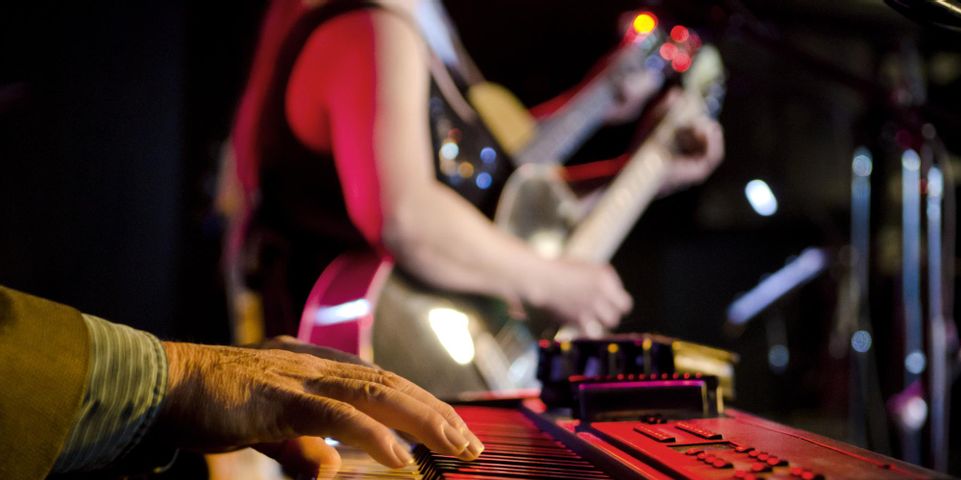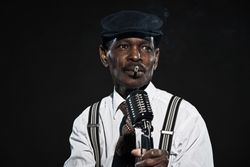
The blues isn’t so much something you listen to as it something you experience, as any Tennessean already knows. The blues is deeply rooted in the history and culture of the Volunteer State. The simplest definition of the blues would be to say it’s secular folk music popularized by African Americans in the Deep South around the turn of the 20th century, but it doesn’t really tell you what the blues is. It fails to describe the cathartic and visceral tales that each song shares with its listeners. Understanding the origin of the blues helps shed light on this soulful genre.
The Origin of Blues
The exact origin of the blues is unknown, though the inspirations that led up to the creation of this genre can be traced back as far as the early seventh century, where Islamic prayer calls bore striking resemblance to the “field hollers” of African Muslim slaves that worked the fields in the 19th century. Field hollers were the songs sung by slaves as they worked the plantations. Though the Mississippi Delta is the commonly recognized location where the blues “grew up,” it was Beale Street in Memphis, Tennessee, that became the home for blue musicians in the mid-20th century and began crafting and perfecting the music as it is known today.
Beale Street & the Blues in the Mid-20th Century
 In 1899, Beale Street in Memphis underwent a renovation after the city was ravaged by a series of yellow fever epidemics and consequent financial misfortunes that followed. Included in the renovation was a Grand Opera House and Church Park, which became a recreational and cultural center, attracting musicians, politicians, and prominent speakers from all over the country. The music scene was already underway when W.C. Handy penned his famous song “Beale Street Blues.” By the 1920s to the 1940s, musicians such as Memphis Minnie, B.B. King, and Albert King rose to fame on Beale Street.
In 1899, Beale Street in Memphis underwent a renovation after the city was ravaged by a series of yellow fever epidemics and consequent financial misfortunes that followed. Included in the renovation was a Grand Opera House and Church Park, which became a recreational and cultural center, attracting musicians, politicians, and prominent speakers from all over the country. The music scene was already underway when W.C. Handy penned his famous song “Beale Street Blues.” By the 1920s to the 1940s, musicians such as Memphis Minnie, B.B. King, and Albert King rose to fame on Beale Street.
The Enduring Legacy
By the 1960s, hard times had fallen once again on Beale Street, despite it being declared a National Historic Landmark in 1966. Though it became a virtual ghost town until it was redeveloped in the 1970s, the music never died. Popular jazz artists such as Louis Armstrong and Miles Davis were strongly influenced by the blues, as were Chuck Berry, Elvis Presley, and The Rolling Stones.
Whether you’re a blues aficionado or a music enthusiast, you won’t want to miss the Bigfoot Blues Festival in Tracy City, TN, on October 18th and 19th. This two-day festival pays homage to the most influential music genre of all time, with live performances by Ronnie Earl, Sue Foley, and Davy Knowles. Call today to reserve your tickets at (931) 488-8652, or visit their website to see the full lineup of artists.
About the Business
Have a question? Ask the experts!
Send your question

